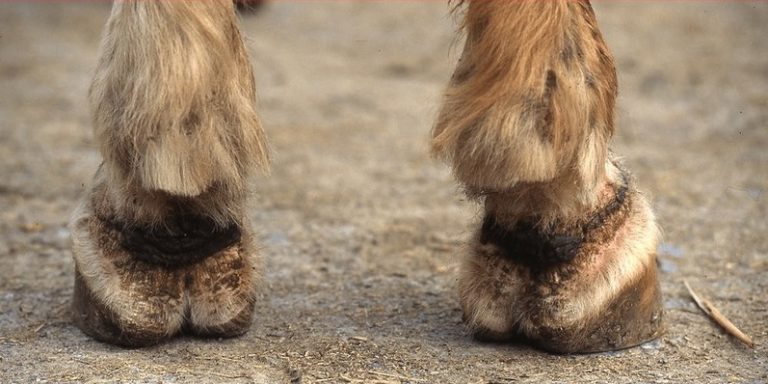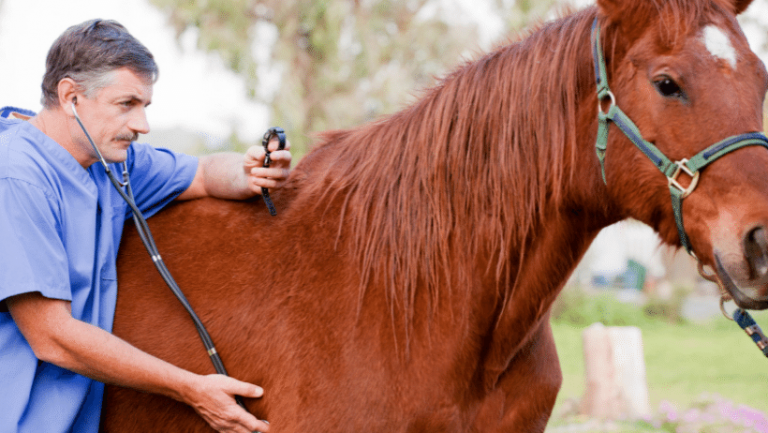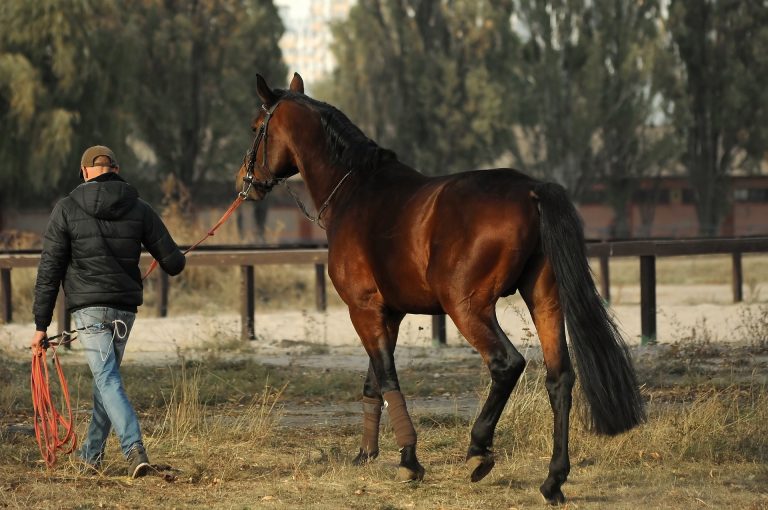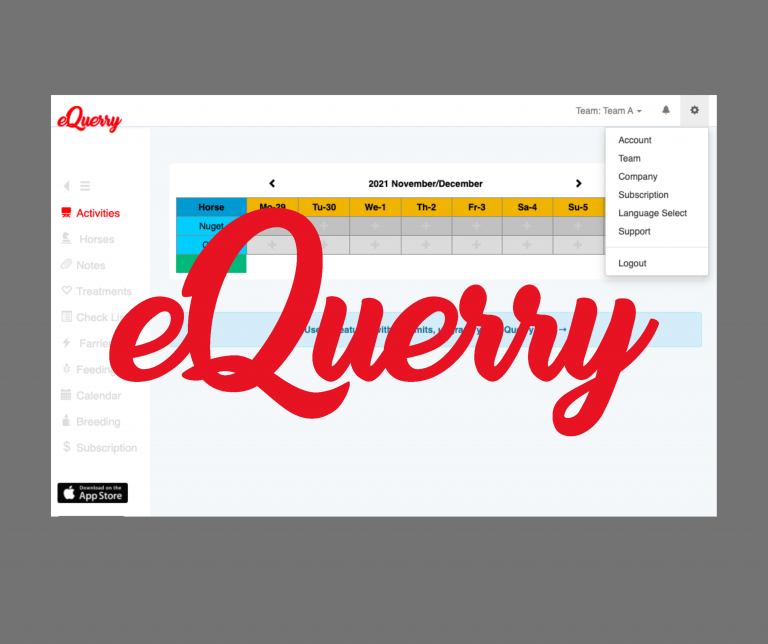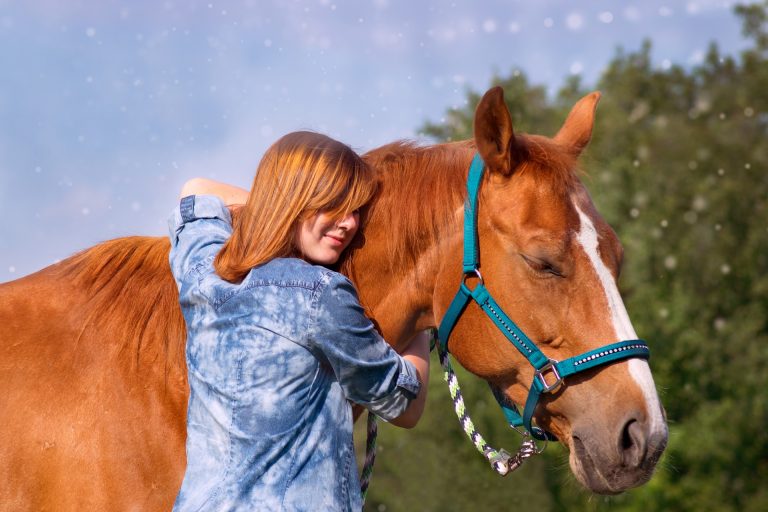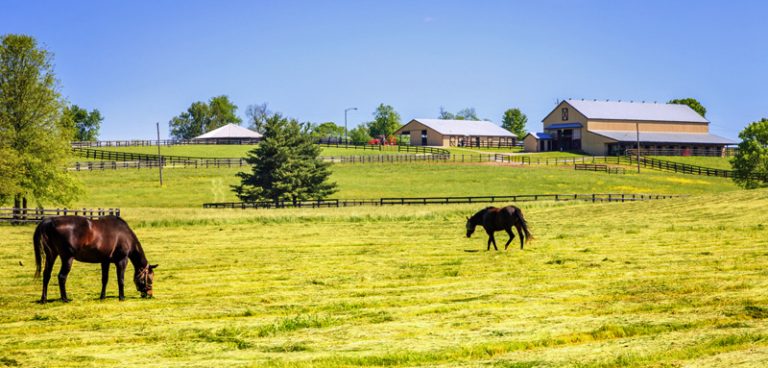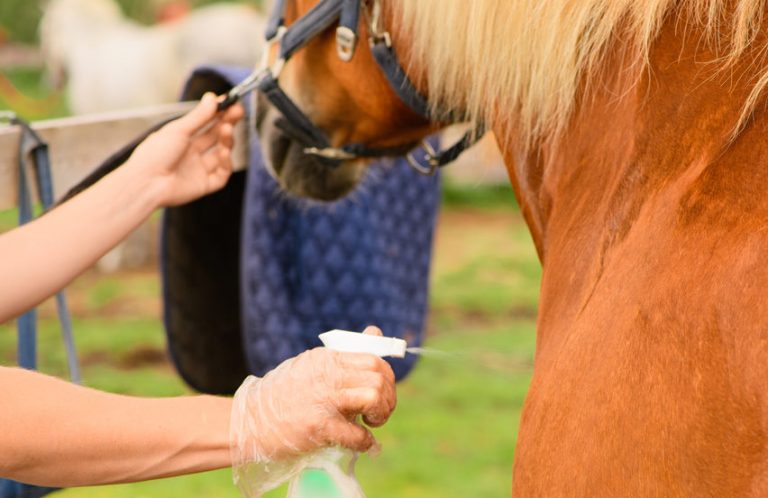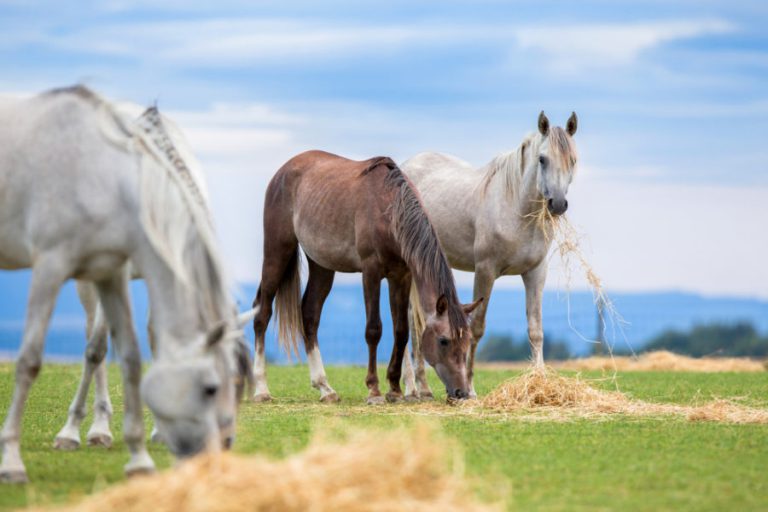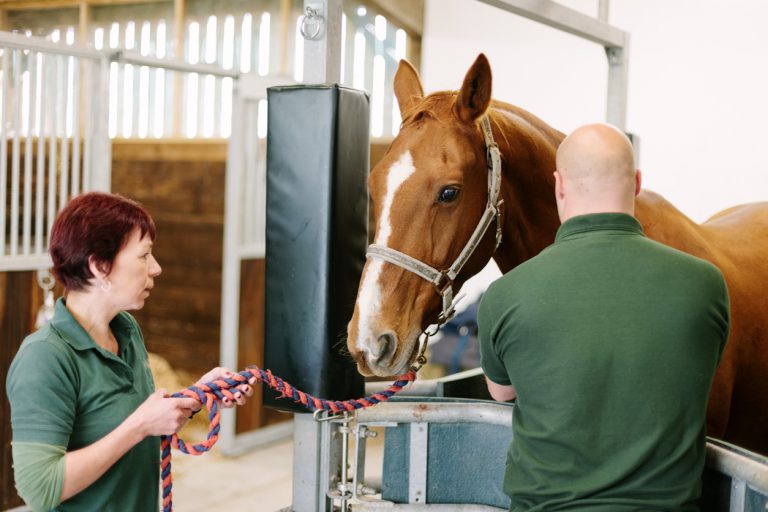How to take care and manage horses daily needs
Horse care management There are many aspects to horse care management. Horses, ponies, mules, donkeys, and other domesticated equids require attention from humans for optimal health and long life. Living environment Worldwide, horses and other equids usually live outside with access to shelter for protection from the elements. In some cases, animals are kept in a barn or stable for ease of access by managers, or for protection from the…


